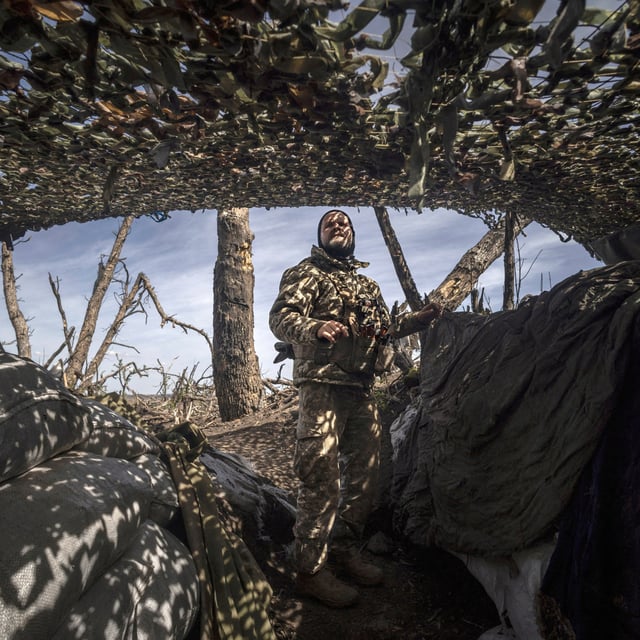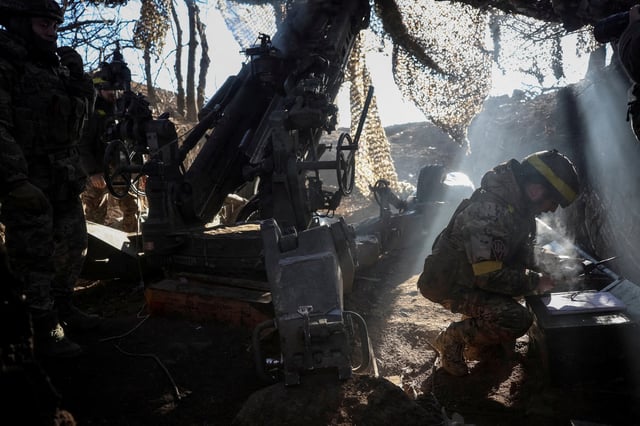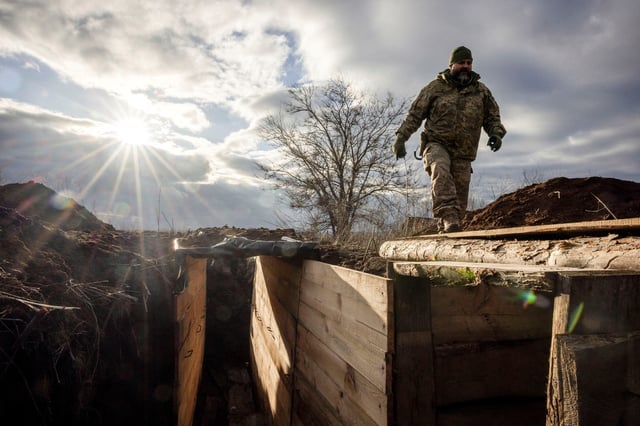Overview
- Dutch and German intelligence agencies independently verified Russia’s intensified use of prohibited agents such as chloropicrin on the battlefield.
- The report describes drone‐delivered choking gas being used to force Ukrainian soldiers out of trenches before they are targeted with conventional fire.
- Investigators confirmed Ukraine’s records of more than 9,000 chemical attacks since 2022, with at least three fatalities and over 2,500 injuries linked to chemical exposure.
- Russia denies the allegations and accuses Ukraine of similar violations, while the OPCW has not initiated a full investigation due to insufficient member‐state requests.
- Dutch Defence Minister Ruben Brekelmans and other Western officials are urging expanded sanctions and Russia’s exclusion from OPCW bodies amid rising concerns along NATO’s eastern frontier.



